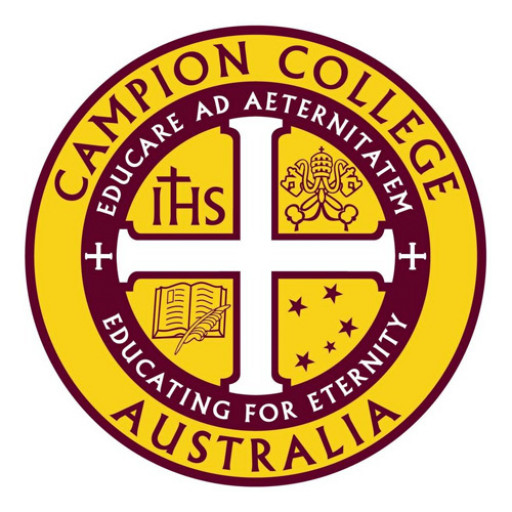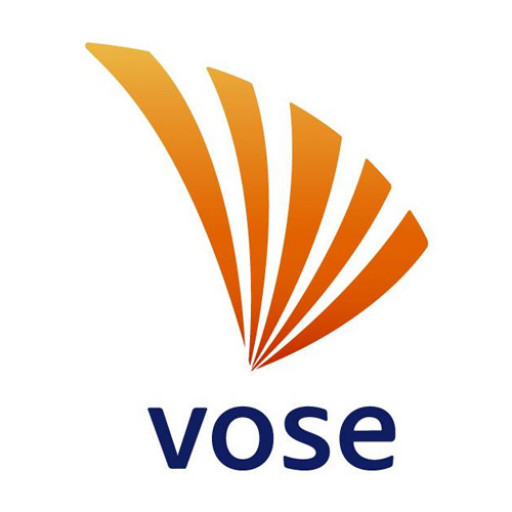The Bachelor of Religious Education (BRE) program at the University of Divinity is a comprehensive undergraduate degree designed to equip students with a profound understanding of religious traditions, educational methods, and pastoral practices. This program aims to prepare future educators, religious leaders, and scholars who are committed to fostering spiritual growth and religious literacy within diverse communities. Throughout the course, students engage with a wide range of subjects including biblical studies, Christian theology, ethics, religious history, and pedagogical strategies, enabling them to critically analyze religious texts and articulate their significance in contemporary society. The program emphasizes both theoretical knowledge and practical skills, encouraging students to develop effective teaching techniques and leadership qualities suitable for various educational and community settings. Students gain hands-on experience through internships, supervised teaching placements, and community engagement projects, which help to translate academic learning into real-world application. The curriculum is designed to be flexible, allowing students to specialization in areas such as youth ministry, adult education, or interfaith dialogue, according to their interests and career aspirations. The University of Divinity's faculty comprises experienced scholars and practitioners who are dedicated to supporting students’ academic and spiritual development. Upon completion of the program, graduates are well-prepared to pursue careers in religious education within schools, churches, community organizations, or to undertake further studies in theology and ministry. The Bachelor of Religious Education fosters a deep appreciation of religious diversity and promotes ethical leadership, aiming to nurture graduates who can contribute meaningfully to society through their understanding of faith and education.
The Teaching Religious Education program at the University of Divinity is designed to equip students with the knowledge, skills, and theological understanding necessary to effectively teach religious education in diverse educational settings. This program provides a comprehensive overview of religious traditions, pedagogical methods, curriculum development, and ethical considerations pertinent to religious education in contemporary society. Students will engage with key themes such as the history and philosophy of religion, scripture studies, and the role of religion in community and cultural contexts. The coursework emphasizes critical thinking, reflective practice, and the development of inclusive teaching strategies that respect and address the spiritual and educational needs of learners from various backgrounds.
Throughout the program, students will participate in practical teaching placements, allowing them to apply theoretical insights in real-world classrooms and to develop confidence in delivering religious content in engaging and sensitive ways. The program also explores current debates and issues in religious education, including interfaith dialogue, secularism, and the integration of technology in teaching. Emphasis is placed on fostering a respectful understanding of different religious perspectives, as well as promoting ethical awareness and social responsibility among future educators.
Graduates of the Teaching Religious Education program will be well-prepared to pursue careers as religious education coordinators, teachers, chaplains, or in other educational roles where faith formation and religious literacy are central. The program is committed to fostering reflective practitioners who can contribute meaningfully to the educational growth of their students and to the wider community. With a strong foundation in theological scholarship and pedagogical practice, graduates will be equipped to facilitate respectful dialogue and understanding across religious and cultural boundaries, ensuring that religious education remains relevant, engaging, and inclusive in an increasingly diverse society.
Program requirements for the Bachelor of Religious Education at the University of Divinity include successful completion of foundational coursework in religious studies, theology, and education principles. Students are expected to engage in a minimum of 144 credit points, which encompass core subjects, elective courses, and practical placements. The curriculum emphasizes a comprehensive understanding of Christian traditions, biblical studies, church history, and contemporary religious issues, preparing graduates for roles in educational ministry, faith-based organizations, and community engagement.
Prerequisites for admission generally require completion of secondary education or equivalent qualification, with a demonstrated interest in religious education or theology. Some advanced courses may necessitate prior knowledge or completion of introductory modules. Throughout the program, students participate in rigorous academic seminars, workshops, and supervised fieldwork that foster critical thinking, research skills, and theological reflection.
Assessment methods include written assignments, research projects, presentations, and examinations, ensuring a well-rounded evaluation of student competencies. Additionally, students are encouraged to undertake an internship or practicum component, which provides practical experience and engagement with real-world educational settings. Maintaining a satisfactory academic record is essential for progression and eventual graduation.
The program also emphasizes the development of ethical and pastoral skills, cultural sensitivity, and the ability to communicate complex religious ideas effectively. Graduates of the Bachelor of Religious Education are equipped with the knowledge and skills necessary for further study in graduate theology or education programs, as well as for employment in religious education, pastoral ministry, and faith-based community work.
The financing of the Teaching Religious Education program at the University of Divinity is primarily supported through a combination of tuition fees paid by students, scholarship opportunities, and government funding where applicable. As an Anglican independent college, the University of Divinity offers a range of financial assistance options to support students throughout their studies. Tuition fees are set annually and vary depending on the mode of study, whether full-time or part-time, as well as international or domestic student status. Domestic students may be eligible for government subsidized places and loan schemes, such as HECS-HELP, which reduce the upfront financial burden and allow students to defer payment until they are earning a sufficient income. International students are typically required to pay full fees and are offered various scholarship options to assist with study costs.
In addition to government support, the University of Divinity offers a range of scholarships, bursaries, and grants aimed at promoting access to theological education. These financial aid opportunities are often targeted towards students demonstrating academic excellence, financial need, or a commitment to ministry and community service. Students are encouraged to apply for these scholarships annually, with some funds allocated for specific demographics or research projects.
The university also partners with external funding bodies and church organizations to provide additional financial support for students pursuing studies in religious education. These can include church-affiliated grants or sponsorship programs designed to foster future religious educators and clergy. Moreover, the university occasionally offers payment plans that allow students to spread course fees over a more manageable schedule, easing the financial burden throughout the duration of their program.
Students should also consider potential income from part-time work or sponsorships from religious organizations related to their field of study. The financial landscape for students at the University of Divinity is structured to minimize barriers to education and promote access for a diverse range of students, ensuring that financial constraints do not prevent talented individuals from pursuing careers in religious education and ministry. The university’s commitment to affordable theological education is reflected in its transparent communication about costs and available financial assistance programs, encouraging students to plan their finances accordingly to complete their degrees successfully.
The Teaching Religious Education program at the University of Divinity is designed to prepare students for the effective teaching of religious education in diverse educational settings. This program offers a comprehensive curriculum that combines theological studies, pedagogical skills, and practical teaching experience to equip graduates with the necessary knowledge and skills to inspire and educate students about religious traditions, beliefs, and ethical issues. The program emphasizes a deep understanding of Christian theology, Scripture, and religious history, alongside contemporary educational theories and classroom management techniques. Students engage with a variety of learning modes, including lectures, seminars, field placements, and research projects, fostering both academic and practical competencies. The curriculum is structured to meet accreditation requirements for teaching certification and to support students in developing critical thinking, cultural sensitivity, and effective communication skills. The program is suitable for individuals seeking careers as religious education teachers in primary and secondary schools, faith-based organizations, or community educational programs. Graduates of the program are well-prepared to contribute thoughtfully to discussions on religion and spirituality, promote inclusivity and respect in diverse classrooms, and support students' moral and spiritual development. The University of Divinity maintains strong links with religious communities and educational institutions, offering students opportunities for internships, mentorship, and professional development. Overall, the Teaching Religious Education program aims to produce reflective practitioners who can foster understanding and dialogue about religious issues within a pluralistic society.






